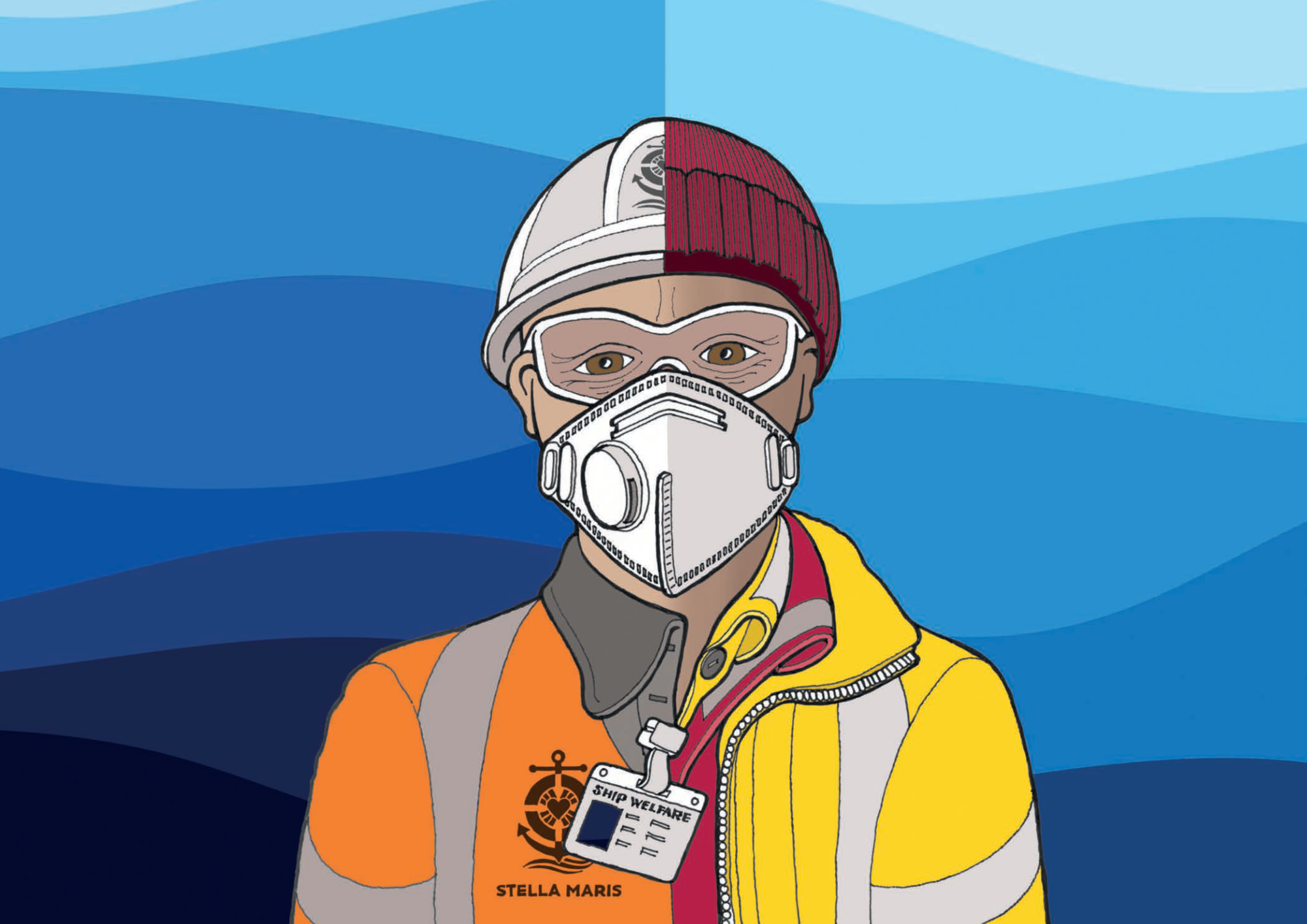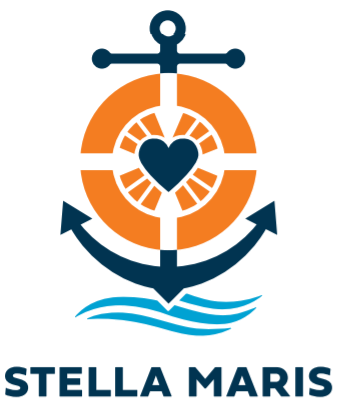
We’ve truly seen a humanitarian crisis over the past 18 months. Hardworking men and women of the sea have paid a high price to keep us supplied with food, medical equipment and vaccines during the global coronavirus pandemic.
But our chaplains were there when it mattered. A lifeline in the crisis. As you’ll see in this report, our unique, global network of support wrapped around seafarers everywhere, providing everyday kindness and vital care.
Download the Life at Sea report
Now, as we slowly emerge from this crisis, we must focus on three areas to ensure seafarers are supported in the coming years.
- We must not neglect the vital importance of personal, human connection. One of the cruelties of Covid-19 was that it kept people apart at a time when they most needed support. Our experience in 2020 showed that, while wellbeing apps, programmes and initiatives to support seafarers are good, nothing can replace the face-to-face, everyday friendship and care provided by our chaplains and ship visitors.
- We must build on the strength of our global network. Stella Maris is the world’s largest ship-visiting charity, with more than 1,000 chaplains and volunteers in 334 ports in 60 countries. This global coverage puts us in a unique position to provide sustained support to seafarers as they move from country to country.
- We must grow our Centenary Emergency Fund to ensure no seafarer faces a crisis alone. This special fund, launched in 2020 to mark our 100-year anniversary, will support bereaved or stranded seafarers or help in medical emergencies. By building up this fund now, we can respond rapidly when a crisis occurs.
We have an opportunity today to shape the future for seafarers. We can step up to put welfare first. Together, we can make a profound difference to improve the lives of seafarers and fishers everywhere.

